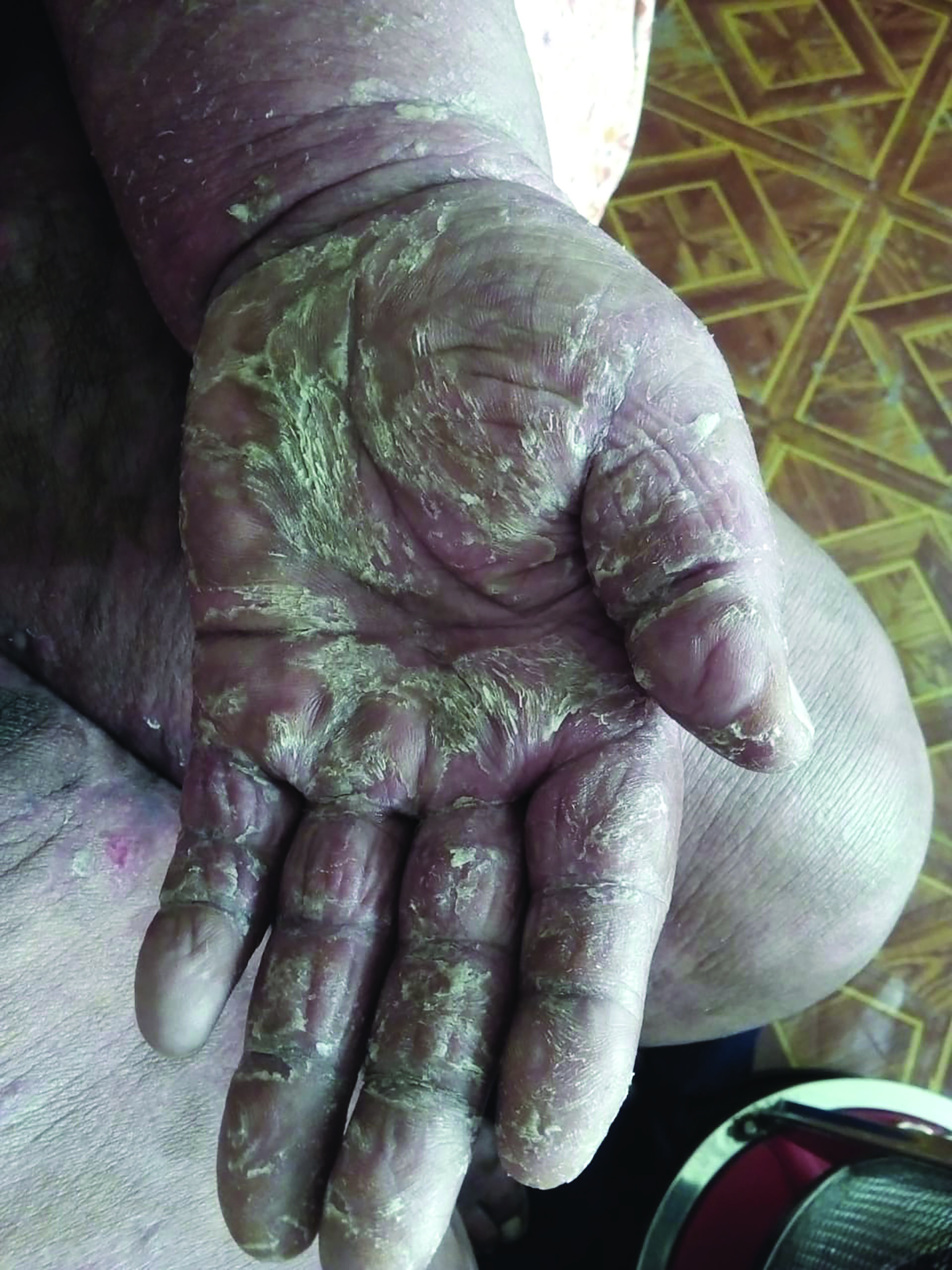Ntsoaki Motaung
The shortened treatment for Multi-Drug Resistant Tuberculosis (MDR-TB) has been proven effective, according to scientists following the conclusion of the endTB trial project.
Dr. Kunda Kwabisha Mikanda, MDR-TB Senior Medical Officer and Lesotho Site principal investigator for the endTB trial, recently shared insights into the clinical trials that began in 2017 across Lesotho, Georgia, India, Kazakhstan, Pakistan, Peru, and South Africa.
Mikanda said the World Health Organisation (WHO)’s regimens for MDR-TB, which have been used for the longest time, required patients to undergo treatment for 18 to 24 months.
He explained that TB is an airborne infectious disease that affects mostly poor people, killing 1.3 million people per year. Half of the people diagnosed or dying each year have MDR-TB, he further said.
Mikanda explained that the previous treatment regimen, lasting about 24 months, was not only ineffective but also required patients to take 14,000 pills throughout the treatment.
He indicated that for 24 months, patients had to take 20 pills per day and receive injections for six months. “These medications were linked to many side effects, including psychosis and kidney failure,” he said.
“To address these challenges, the endTB trial was initiated to find better, shorter (9-month) less toxic drugs that help patients live without injections and with fewer side effects,” he added. The trials were randomised and tested new nine-month oral regimens compared to the WHO standard of care, which was 24 months.
“Patients included in the trial were those living with HIV, diabetes, as well as adolescents and pregnant women,” Mikanda explained. “After analysing the data, we found that three regimens were more efficient in treating MDR-TB.”
He highlighted the success rates, saying: “Other regimens demonstrated non-inferiority to the standard of care, achieving favorable outcomes with 99 percent, 90 percent, and 85 percent success rates compared to the WHO standard of care, which sustained an 85 percent success rate. This means the new regimens are very effective in treating patients without as many problems as before.”
Mikanda noted that the new regimens also resulted in lower mortality rates.
“The previous treatment had a success rate of less than 50 percent, but the new regimens recorded low mortality cases,” he said. Despite some side effects like anemia and liver enzyme issues, they are manageable through patient monitoring.
He also highlighted the cost benefits of the new treatment. “The previous treatment cost almost $400,000 per patient for 24 months, but the new regimens cost less than $400,000 for 9 months, with patients taking about 8 pills per day instead of 20,” he said.
During the trial, 750 patients were enrolled worldwide, including 83 from Lesotho. “We have submitted the results to the WHO, and once approved, they will be integrated into national guidelines for implementation,” said Mikanda.
Meanwhile, Dr. Melino Ndayizigiye, Executive Director of Partners In Health (PIH), emphasised the global impact of TB.
“TB is one of the leading causes of premature death worldwide, and Lesotho is one of the most affected countries with an annual incidence of 661 per 100,000 population,” he said.
“PIH has joined efforts with other organizations and academic institutions to study new treatments for MDR-TB through various clinical trials,” Ndayizigiye added.
“Besides research, PIH supports the Ministry of Health in several programs, including primary health care in hard-to-reach areas and managing and treating MDR-TB across the country. We are also strengthening the health system in Mohale’s Hoek, Berea, Botha Bothe, and Leribe.”
Summary
- “Other regimens demonstrated non-inferiority to the standard of care, achieving favorable outcomes with 99 percent, 90 percent, and 85 percent success rates compared to the WHO standard of care, which sustained an 85 percent success rate.
- “The previous treatment cost almost $400,000 per patient for 24 months, but the new regimens cost less than $400,000 for 9 months, with patients taking about 8 pills per day instead of 20,” he said.
- “TB is one of the leading causes of premature death worldwide, and Lesotho is one of the most affected countries with an annual incidence of 661 per 100,000 population,” he said.

Your Trusted Source for News and Insights in Lesotho!
At Newsday Media, we are passionate about delivering accurate, timely, and engaging news and multimedia content to our diverse audience. Founded with the vision of revolutionizing the media landscape in Lesotho, we have grown into a leading hybrid media company that blends traditional journalism with innovative digital platforms.










